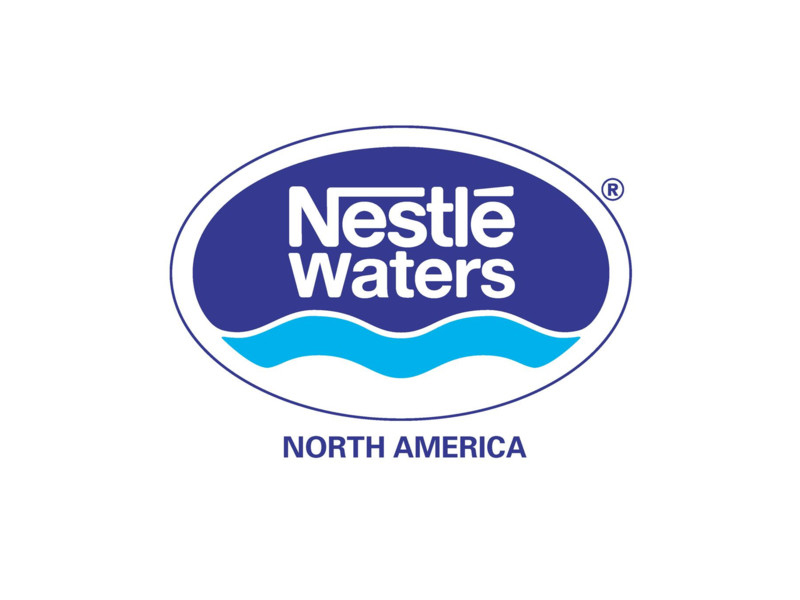The Nestlé Waters North America 1041 permit hearing continued Thursday morning and evening with a majority of speakers expressing opposition to a permit extension.
If granted by the Board of Chaffee County Commissioners, the extension would allow Nestlé to continue using local groundwater for its bottled water business.
Reasons given for opposing the Nestlé permit include:
- Drought.
- Climate change.
- The need to keep local water for local uses.
- Plastic pollution.
- A possible change in Nestlé Waters ownership.
- Ethics.
- Corporatocracy.
- Insufficient community support compared to Nestlé profits.
Almost everyone who voiced opposition to the permit was a local resident, including Dominique Naccarato, who spoke on behalf of the Greater Arknasas River Nature Association, and Hollister Beddingfield, who spoke on behalf of a group of students engaged in distance learning at A Church.
Beddingfield voiced concerns that his generation will face the full effects of climate change and noted that Nestlé Waters’ parent company, Nestlé S.A., produced 3.3 million metric tons of greenhouse gas emissions in 2019.
Other opposition speakers included Michael O’Heaney of California, executive director of The Story of Stuff Project, which has provided support to the Unbottle group.
Also, Peggy Case, president of Michigan Citizens for Water Conservation, testified that her organization has been “battling Nestlé in Michigan for the last twenty years” and has achieved some success in court at a cost of $1 million.
Some local residents spoke in favor of the permit, including Dave Blazer of Buena Vista, board chairman for Chaffee County Economic Development Corp. He pointed out that Nestlé has provided $15,000 through the Chaffee County Community Foundation to help fund COVID-19 assistance.
Blazer also pointed to Nestlé’s work with Colorado Mountain College to establish a truck driver training program as well as support for local schools through a $500,000 endowment and support for multiple nonprofits.
Karen and Reed Dils of Buena Vista, both of whom have a history of involvement with river recreation and water issues in Chaffee County, spoke in support of extending Nestlé’s permit.
Karen listed multiple benefits Nestlé has provided for the county and refuted arguments presented Tuesday by the Unbottle group.
Reed said that Nestlé has been a good corporate member of the community by providing additional fishing access to the Arkansas River and helping to improve a dangerous section of County Road 300.
Two of the local truck drivers who haul Ruby Mountain Springs water to Denver also spoke in favor of the permit. Shane Dixon of Poncha Springs and Bill Huerter of Buena Vista said that no other trucking job would pay enough for them to continue living in Chaffee County.
Dixon said he grew up in Chaffee County but “had to move away because of the cost of living here. This job allowed me to move back into the county.”
Joan Skinner of Salida asked, “What if Nestle is kicked out. … What happens if that land is sold?” She surmised that a new subdivision would be built there, which would, to her, be worse for the aquifer, the wildlife and the scenery than the current Nestlé operation.
Bonnie Davis, Buena Vista resident and Libertarian candidate for county commissioner, recommended extending the permit for 3 years to see what happens with the possible sale of Nestlé Waters. During the extension, environmental and feasibility studies could be completed.
Lori Boydston, Salida resident and Democratic candidate for House District 60, urged the Commissioners to deny the permit because of the environmental impacts of Nestlé’s business, including the use of oil to produce plastic, the fossil fuels consumed for transportation and the plastic waste.
Robert Parker of Coaldale spoke on behalf of 350 Central Colorado in opposition to the permit. He asserted that the water from Twin Lakes that is used to replace the Ruby Mountain Springs water is polluted and, therefore, should not qualify for use as replacement water.
John McGowan of Salida worried that Nestlé Waters is about to be sold, possibly to a private equity firm that would dramatically cut costs in order to resell the business at a profit. “Sustainability and community aren’t part of the business model.”
Craig Nielson of Salida said he opposes the permit extension “because the benefits do not outweigh the losses.” He cited growth, drought and climate change as reasons why “we shouldn’t be selling our water.”
Sally Kriebel of Salida said, “I think we need to keep our water for ourselves” and that the original permit provides “a poor rate of return.”
Katherine Sanford of Salida said, “Nestlé acts purely in its own interests” and cited over-extraction of water in other communities and child and slave labor in the Nestlé S.A. supply chain for certain products.
Elizabeth Bauer of Salida and Lisa Mellick of Poncha Springs both recommended denying the permit or at least seeking more significant community benefits.
Angie Thompson of Howard questioned the ethics of Nestlé’s business, pointing to its spring water operations in California and Michigan but also to “unethical marketing of baby formula” in various countries, milk poisoning in China, and chocolate production that relies on child slavery in Africa.
Francie Bomer, a member of the Unbottle opposition group, said the the original permit was fatally flawed and, therefore, should not be extended.
At the end of the Thursday morning meeting, Commissioners voted to enter into executive session to receive legal advice and clarification on legal questions raised during the hearing.
At the end of the Thursday evening session, Commissioners Chairman Greg Felt closed public comments, and the Commissioners decided to continue the hearing at 1 p.m. Thursday, Nov. 5, when they will reconvene for deliberations.
Following deliberations, the Commissioners will vote on whether or not to extend the 1041 permit and, if so, what conditions that permit might include.








